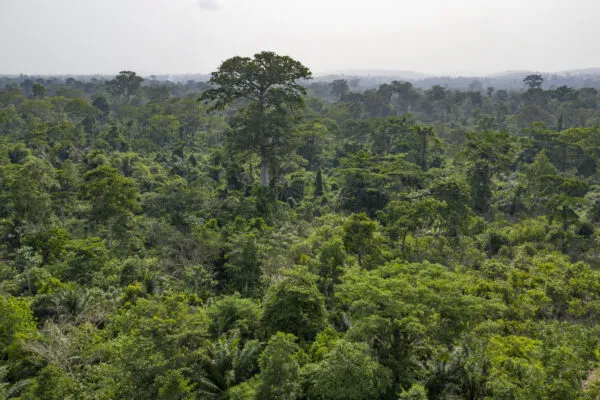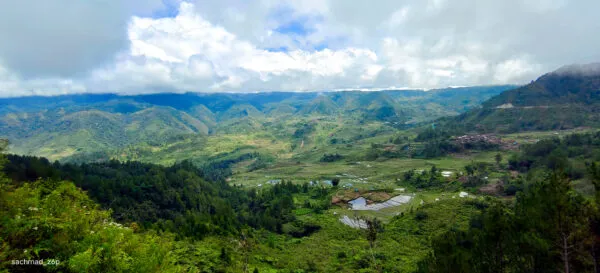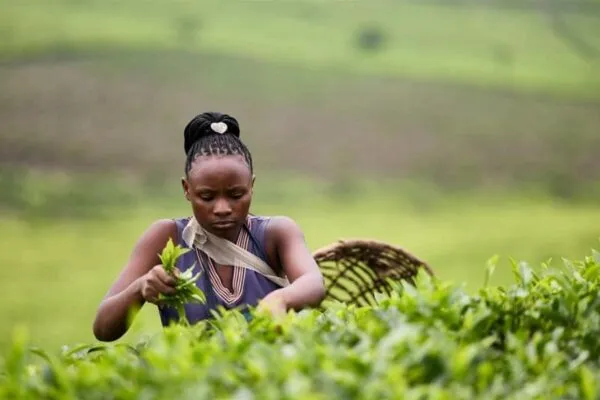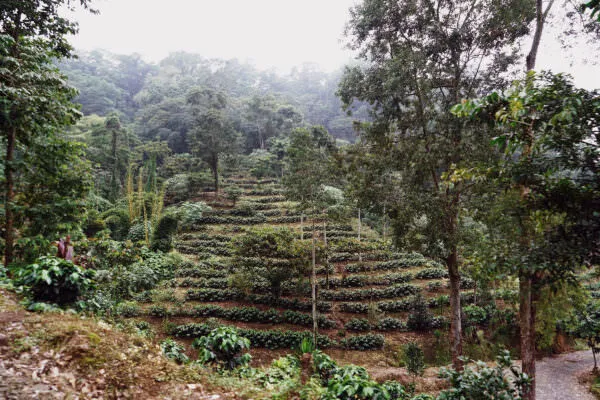In Cameroon, Forests and Communities Need Each Other
The iconic tropical forests of Cameroon’s Western Highlands and South Region are disappearing. To combat this, we set our sights on three interconnected solutions: community-led landscape management, sustainable agriculture and local business, and strengthened rights for women and youth.... Continue Reading





